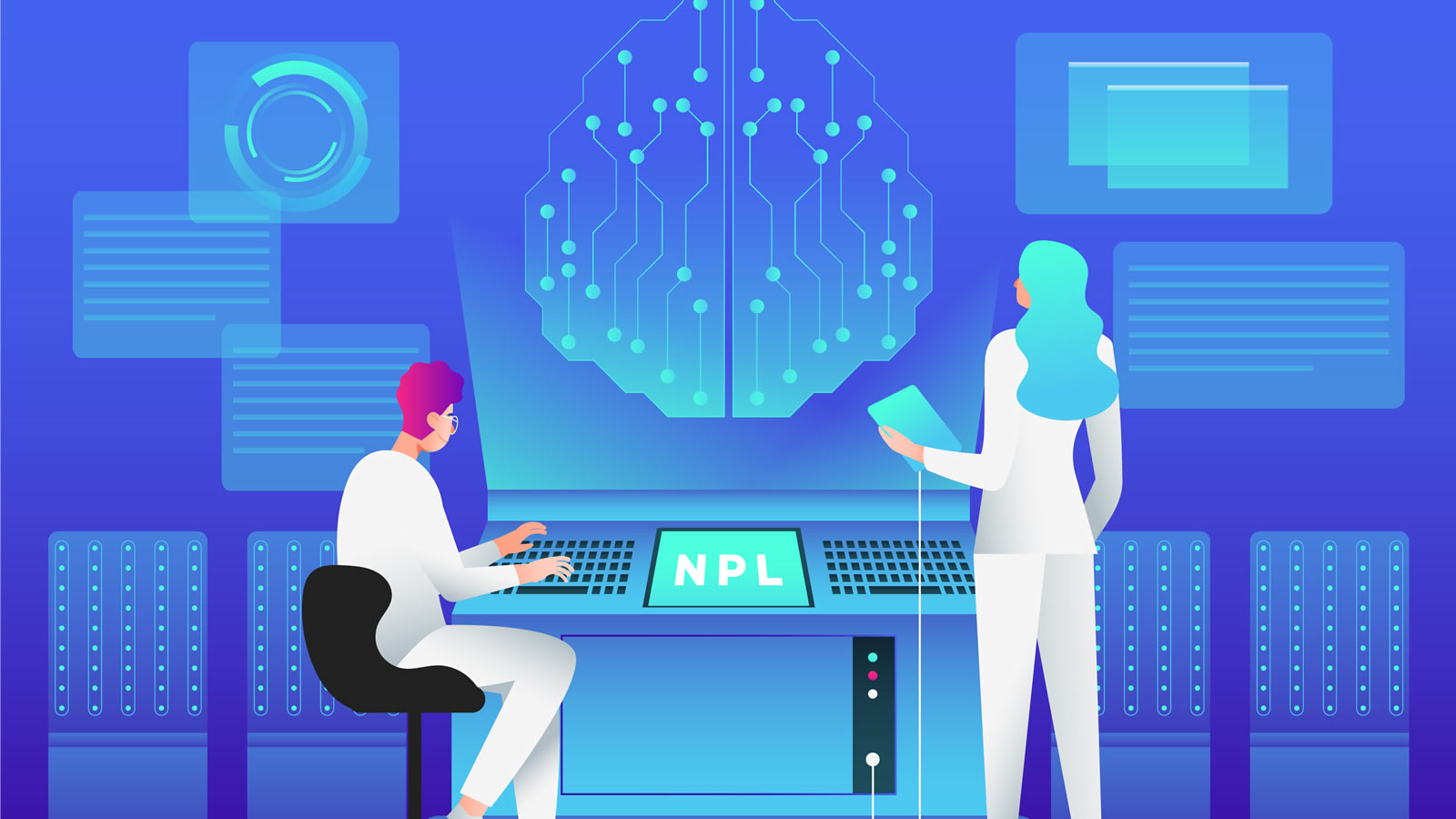In the realm of technology, the terms "machine learning" and "artificial intelligence" often create confusion, as they are mistakenly used interchangeably. While they share some similarities, it is essential to understand the fundamental differences between these two concepts to fully grasp their capabilities and potential.
Machine learning can be seen as a subset of artificial intelligence. It is a field of study that focuses on developing algorithms and models that enable computers to learn and make predictions or decisions based on data. The primary goal of machine learning is to enable machines to learn patterns, make accurate predictions, and improve their performance over time without being explicitly programmed. In other words, machine learning algorithms enable systems to analyze and interpret data, identify patterns or trends, and make decisions or predictions based on those patterns.
On the other hand, artificial intelligence encompasses a broader scope. It refers to the development of intelligent systems or machines that can exhibit human-like cognitive abilities, such as learning, reasoning, problem-solving, and decision-making. Artificial intelligence aims to create machines that can understand, interpret, and respond to complex situations or tasks in a manner that mimics human intelligence.
Machine learning algorithms are a crucial component of artificial intelligence systems. They serve as the underlying technology that enables AI systems to learn from data and improve their performance. Machine learning allows AI systems to adapt to new information, optimize their processes, and make intelligent decisions based on patterns and trends observed in the data.
One key distinction between machine learning and artificial intelligence lies in their respective approaches to problem-solving. Machine learning focuses on specific tasks or problems and aims to develop models or algorithms that can solve those tasks efficiently. For example, machine learning algorithms can be trained to recognize images, classify data, or generate recommendations based on user preferences. In contrast, artificial intelligence aims to create systems that can handle a wide range of tasks and exhibit human-like intelligence across multiple domains.
The applications of machine learning and artificial intelligence span across various industries, contributing to significant advancements and transformations. In healthcare, machine learning algorithms are used to analyze medical data and assist in disease diagnosis, treatment planning, and drug discovery. AI systems in the form of virtual assistants or chatbots are becoming increasingly prevalent in customer service, providing personalized support and enhancing user experiences.
Industries such as finance, manufacturing, and transportation also benefit from the capabilities of machine learning and artificial intelligence. Machine learning algorithms can analyze financial data to detect fraudulent transactions, predict stock market trends, or optimize investment strategies. In manufacturing, AI-powered systems improve production efficiency, quality control, and predictive maintenance. Intelligent systems are also revolutionizing transportation through the development of autonomous vehicles, traffic optimization, and predictive maintenance of infrastructure.
Despite their potential, both machine learning and artificial intelligence face challenges and ethical considerations. Ensuring the accuracy and fairness of machine learning algorithms, addressing data privacy concerns, and maintaining transparency in decision-making processes are crucial aspects that need to be addressed as these technologies continue to evolve.
In conclusion, while machine learning and artificial intelligence are interconnected, they represent distinct concepts with different functionalities. Machine learning focuses on developing algorithms that can learn from data and improve their performance over time, while artificial intelligence aims to create intelligent systems that exhibit human-like cognitive abilities. Both technologies have transformative potential and are driving innovation across various industries, shaping the future of technology and its impact on society. Understanding the differences between machine learning and artificial intelligence is essential for leveraging their capabilities effectively and responsibly.

